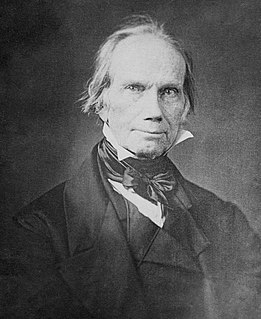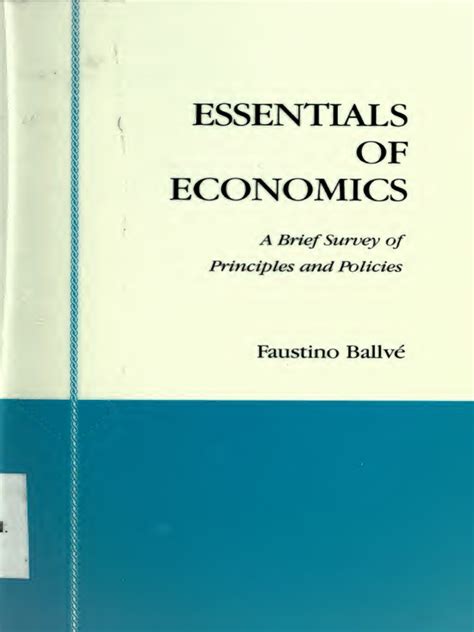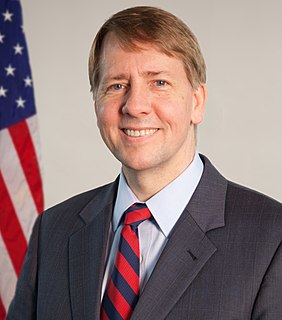A Quote by Milton Friedman
The great danger to the consumer is the monopoly -whether private or governmental. His most effective protection is free competition at home and free trade throughout the world. The consumer is protected from being exploited by one seller by the existence of another seller from whom he can buy and who is eager to sell to him. Alternative sources of supply protect the consumer far more effectively than all the Ralph Naders of the world.
Related Quotes
Rather than empowering all, consumer and shareholder activism gives greatest voice to those with the most money in their pockets, those who can switch from seller to seller with relative ease. Consumer and shareholder activism is a form of protest that favours the middle classes, an outpouring of the dissatisfaction of the bourgeoisie.
If a company is not a monopoly, then the law assumes market competition can restrain the company's actions. No problem. If a monopoly exists, but the monopoly does not engage in acts designed to destroy competition, then we can assume that it earned and is keeping its monopoly the pro-consumer way: by out-innovating its competitors.



































